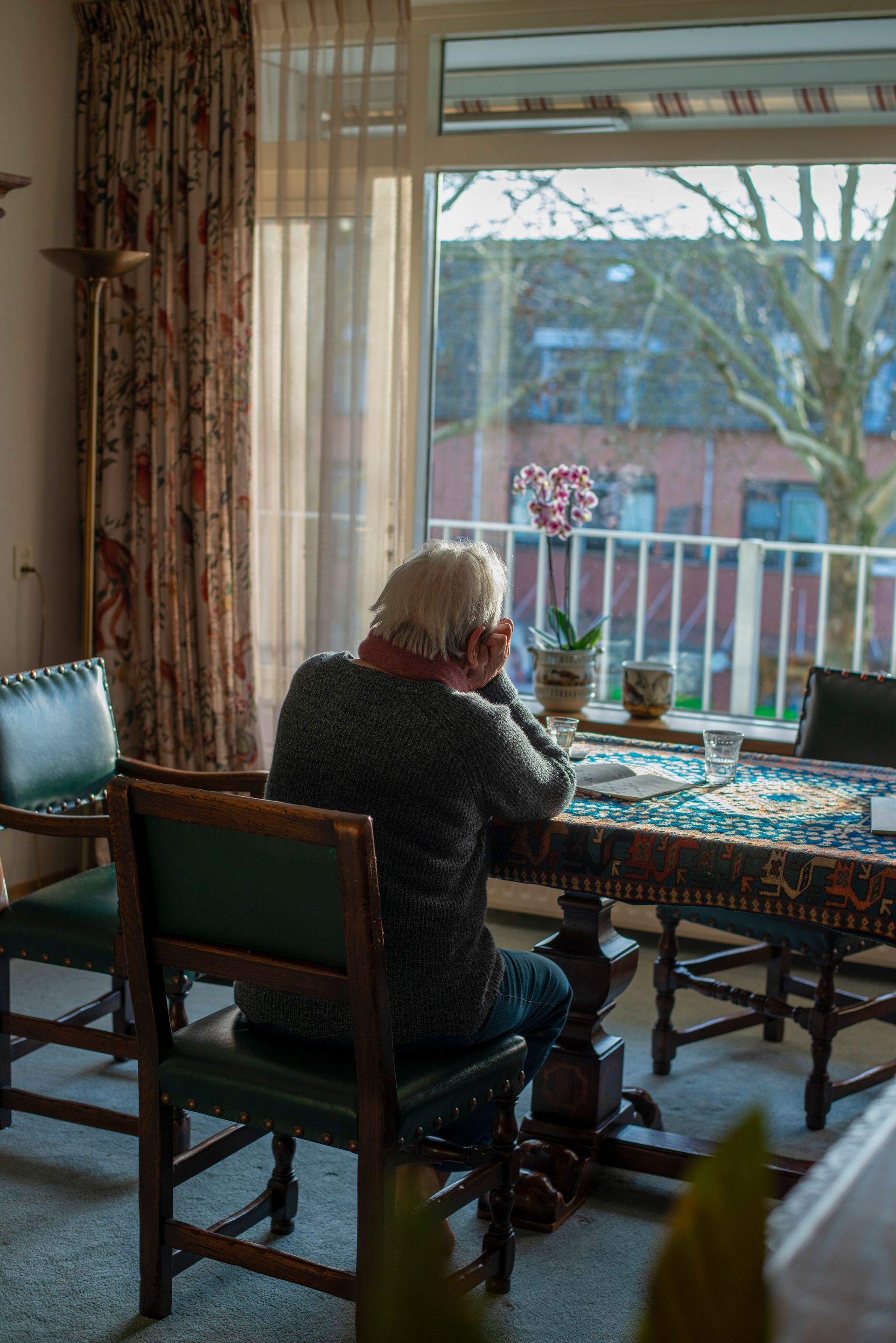Wills
Make Sure Your Wishes Are Carried Out
A will is one of the most important legal documents you can have. It tells the court who should receive your property, who should care for your minor children, and who should handle your affairs after you’re gone. Without one, the state decides. We help people across New York City and the Greater Hudson Valley create clear, legally valid wills—no stress, no legal jargon.
What a Will Can Do for You
- Decide who gets your home, accounts, and belongings
- Name a guardian for your children
- Choose someone to manage your estate (executor)
- Make specific gifts to friends, charities, or family
- Avoid unnecessary delays and confusion after your death
We’ll walk you through every option and make sure your will reflects your wishes and works under New York law.
What Happens Without a Will?
If you die without a will (called "intestate"), New York's laws decide who gets your property—often in ways you wouldn’t expect. A court picks someone to handle your estate, and if you have minor children, a judge decides who raises them. Creating a will gives you control over these decisions, and it makes things easier for your family when it matters most.
Who Needs a Will?
We create wills for:
Parents of young children
Retirees and seniors
Homeowners and business owners
Single adults and married couples
Blended families or people in long-term relationships
Anyone who wants a say in what happens after they’re gone
Even if you don’t think you have “a lot,” a will can prevent confusion, conflict, and unnecessary court time.
Frequently Asked Questions
Does a will avoid probate in New York?
No. A will still goes through probate, but it gives the court clear instructions and simplifies the process. If avoiding probate is a main goal, we may recommend using a trust as well.
Can I write my own will?
You can, but it’s risky. Handwritten or online wills often miss key legal requirements. If a will isn’t done right, it may not be accepted by the court. We make sure yours is legally valid and enforceable.
What’s the difference between a will and a living will?
A will distributes your property after death. A living will (or advance directive) outlines your wishes for medical care if you can’t speak for yourself. We can help with both.
How often should I update my will?
You should review your will anytime there’s a major life change—marriage, divorce, a new child, a move, or a change in assets. We also recommend reviewing your estate plan every 3–5 years.
Let’s Put Your Wishes in Writing
Whether you need a simple will or a full estate plan, we’ll make the process clear and manageable. You’ll leave with documents that reflect your wishes—and peace of mind knowing your family won’t be left guessing. Contact us today to schedule a consultation.
Let us Know How We Can Help
We will get back to you as soon as possible.
Please try again later.


